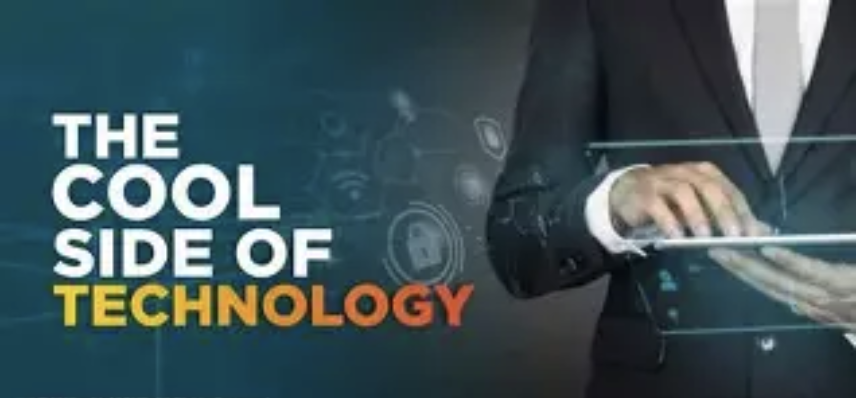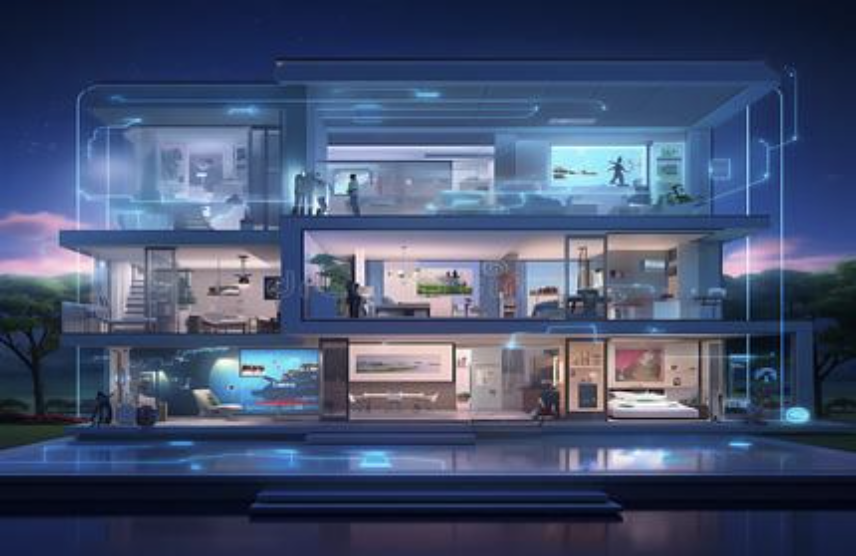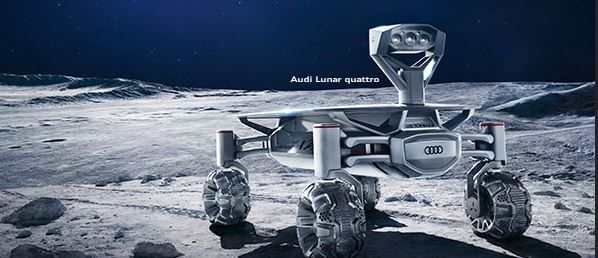Retail Tech: Unmanned Stores & Smart Warehouses
Retail technology has advanced past mere convenience, now creating a tailored and smooth experience for affluent customers. From seamless luxury unmanned stores to exceptionally efficient smart warehouses, it is changing how selective buyers find, acquire, and receive luxurious products.

Boutique Unmanned Stores: Elegance Without Queues
Disregard standard unmanned outlets—luxury labels are introducing unique unmanned boutiques. Gucci’s temporary unmanned shop employs AI facial recognition to welcome distinguished customers, customize displays according to previous purchases, and facilitate a “grab-and-go” automated payment process. Patrons can also use augmented reality mirrors to virtually try on designer garments, with items wrapped up and dispatched to their residences within hours. This offers a high-end shopping experience focused on privacy, free from large crowds.
Luxury retailers are utilizing intelligent warehouses to provide made-to-order lavish items. LVMH’s automated storage facility employs robotic machinery and artificial intelligence to create personalized leather products—such as handbags featuring monograms—with great precision. This setup reduces manufacturing time by 40%, so a customized suitcase requested at 9 AM can arrive at a customer’s hotel by the evening. For wealthy buyers, it delivers instantaneous satisfaction while maintaining quality craftsmanship.
Predictive Inventory: Foreseeing Needs
AI-driven predictive inventory is revolutionizing the luxury retail sector. Brands like Cartier evaluate customer information—from participation in events to social media interests—to stock products in anticipation of high demand. For instance, a boutique in Miami prepares limited-edition timepieces ahead of Art Basel to ensure that affluent customers have access. This approach does more than satisfy demands; it predicts them, leading clients to feel genuinely acknowledged.
In-Store IoT: Tailored Experiences
Devices connected through the Internet of Things are enhancing experiences within stores. Tiffany’s interactive display cases recognize when a customer approaches, illuminating to showcase their preferred jewelry styles and playing familiar tunes from their previous visits. Intelligent fitting rooms alter lighting to suit various events (like weddings or galas) and recommend matching accessories. For luxury shoppers, this creates a fully immersive experience customized to their preferences.

Curbside Luxury: Premium Delivery Service
Sophisticated warehouses facilitate high-end curbside assistance. Neiman Marcus provides a “white-glove curbside” service—customers arrange for a pickup, and a staff member in uniform brings items to their vehicle, unpacks them for inspection, and can also manage returns immediately. Certain brands also include special touches like complimentary wrapping or a champagne bottle. This offers the convenience of curbside pickup along with the sophistication of in-store service.

Blockchain Traceability: Guarantee of Authenticity
For affluent consumers seeking luxury items, authenticity is crucial. Retail technology employs blockchain within smart warehouses to trace products from creation to sale. A specialized wine seller, for example, allows customers to scan a QR code to discover the origins of a bottle, its aging details, and its transport timeline. Such transparency fosters confidence, ensuring purchasers can be sure they are buying genuine, high-quality merchandise.
Retail technology is not only reshaping our shopping habits—it is enhancing luxury retail to extraordinary levels. For discerning shoppers, it encompasses much more than just efficiency; it revolves around personalized, exclusive experiences that make each transaction feel noteworthy, starting from the instant they enter a shop (or click online) to the moment their order arrives.
(Writer:Tick)





